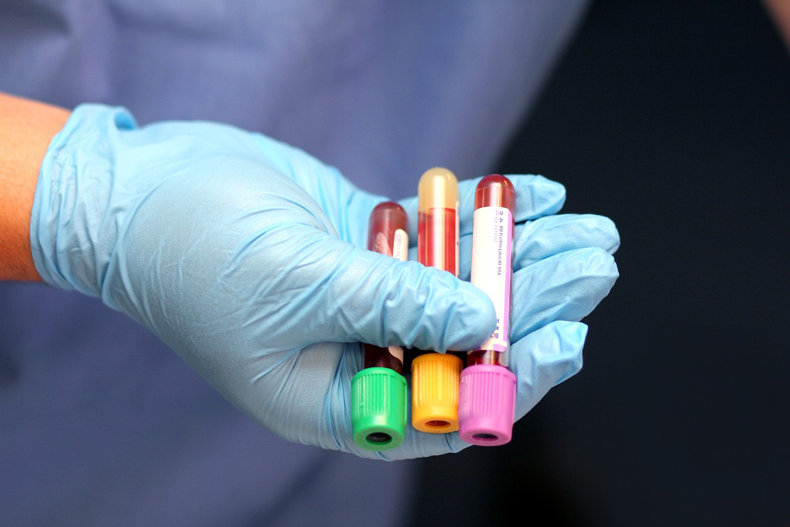**Title: Unlocking the Role of a Phlebotomy Technician: Job Description Explained**
**Introduction:**
Phlebotomy technicians play a crucial role in the healthcare industry, responsible for drawing blood from patients for various tests, transfusions, donations, or research. If you’re considering a career in healthcare that doesn’t require years of schooling, becoming a phlebotomy technician might be the perfect fit for you. In this article, we will delve into the job description of a phlebotomy technician, the skills required, career outlook, and more.
**Job Description:**
Phlebotomy technicians are healthcare professionals trained to draw blood from patients for medical purposes. Their primary responsibilities include:
– Identifying patients and labeling blood samples accurately
– Explaining procedures to patients and preparing them for blood draws
– Safely and efficiently drawing blood via venipuncture or dermal puncture
– Properly storing and transporting blood specimens for testing
– Maintaining a clean and organized work area
– Adhering to safety protocols and infection control measures
– Providing excellent patient care and comfort during procedures
**Skills Required:**
To excel as a phlebotomy technician, you need a unique set of skills, including:
– Attention to detail and accuracy in labeling and recording patient information
– Excellent communication skills to interact with patients and healthcare professionals
– Strong organizational skills to manage multiple tasks efficiently
– Ability to work well under pressure and handle stressful situations
– Knowledge of medical terminology and basic anatomy
- Proficiency in venipuncture and dermal puncture techniques
– Compassion and empathy towards patients undergoing blood draws
**Career Outlook:**
The demand for phlebotomy technicians is expected to grow as the aging population increases, leading to a greater need for healthcare services. According to the Bureau of Labor Statistics, employment of phlebotomists is projected to grow by 17% from 2019 to 2029, much faster than the average for all occupations. As a phlebotomy technician, you can work in various healthcare settings, such as hospitals, clinics, laboratories, blood banks, and physician offices.
**Benefits:**
Some of the benefits of pursuing a career as a phlebotomy technician include:
– Short training programs: Most phlebotomy training programs can be completed in as little as a few months
– Job stability: With the increasing demand for healthcare services, phlebotomy technicians can enjoy job security
– Flexibility: Phlebotomy technicians can work full-time, part-time, or on weekends and evenings
– Entry-level position: It’s a great starting point for those interested in a healthcare career
**Practical Tips:**
If you’re considering a career as a phlebotomy technician, here are some practical tips to help you succeed:
– Enroll in an accredited phlebotomy training program to gain the necessary knowledge and skills
– Obtain certification from a recognized organization, such as the National Healthcareer Association or the American Society of Phlebotomy Technicians
- Gain hands-on experience through internships, externships, or volunteer work
– Stay updated on industry trends and advancements in phlebotomy techniques
– Develop a strong network of healthcare professionals to enhance your career prospects
**Conclusion:**
a career as a phlebotomy technician offers a rewarding opportunity to make a difference in patients’ lives and contribute to the healthcare system. By understanding the job description, required skills, career outlook, benefits, and practical tips outlined in this article, you can take the first step towards becoming a successful phlebotomy technician. Whether you’re a recent high school graduate, career changer, or aspiring healthcare professional, phlebotomy may be the perfect path for you. Start your journey today and unlock the exciting role of a phlebotomy technician!
